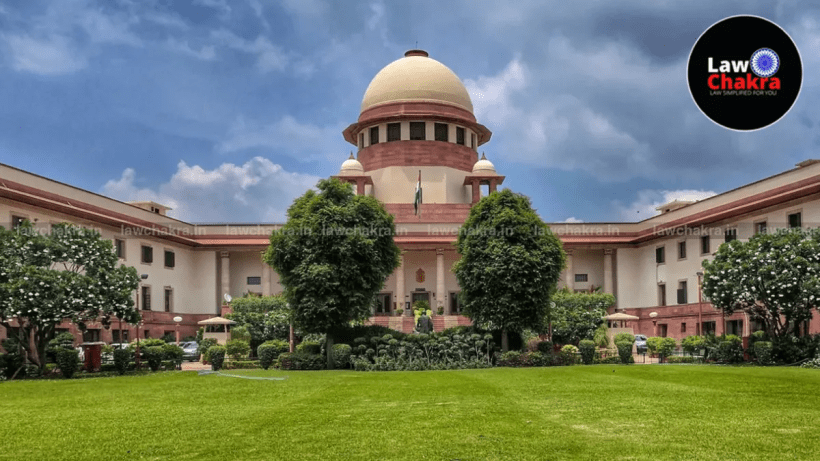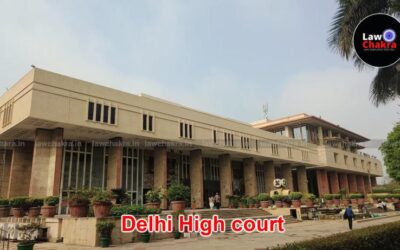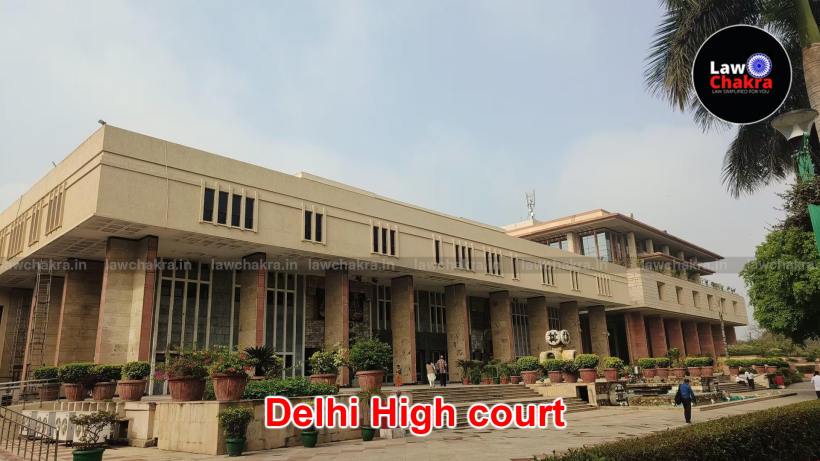Is Shutting Down A Business A Fundamental Right? Supreme Court Says…..

Thank you for reading this post, don’t forget to subscribe!
The Supreme Court has ruled that businesses have a fundamental right to shut down under Article 19(1)(g), but must follow labour laws. If the State fails to respond within 60 days, closure is deemed approved.
New Delhi: On June 4, the Supreme Court of India upheld that any business has the fundamental right to shut down its operations under Article 19(1)(g) of the Constitution, but this right is subject to the reasonable restrictions laid down under labour laws.
A Bench comprising Justice Sanjay Karol and Justice Prashant Kumar Mishra ruled that if the State government does not respond to a closure request within the stipulated legal time limit, the permission to close the unit would be considered granted by default.
ALSO READ: High Court Dismisses Zee Media’s Appeal in Dhoni’s Defamation Case
The Court reiterated that
“The sum and substance are that Article 19(1)(g) includes the right to shut down a business but is, of course, subject to reasonable restrictions.”
These restrictions, the Court stated, can be inferred from Section 25-O of the Industrial Disputes Act, 1947, which lays out conditions for closure of industrial undertakings.
The law mandates that applications for closure must be backed by adequate and genuine reasons, and that mere financial difficulty cannot be the sole ground to justify a shutdown.
The Court said,
“Financial difficulty on its own cannot constitute the reason for shutting down the business,”
adding that employers must show exceptional circumstances or demonstrate that it is impossible to continue business.
This judgment came in response to appeals filed by Harinagar Sugar Mills Ltd. (HSML) – Biscuit Division, a company that operated a factory in Mumbai for over 30 years, exclusively manufacturing for Britannia Industries.
In May 2019, when Britannia terminated its job-work agreement, HSML decided to shut down the unit. Subsequently, on August 28, 2019, the company submitted an application under Section 25-O of the Industrial Disputes Act seeking government permission to close the business.
They informed that the company had no other clients, no independent machinery, and no alternate means to continue production.
Closure notices were issued to 178 workers, stating that the business had no option after the end of its sole contract.
However, on September 25, the Maharashtra Labour Department, through its Deputy Secretary, asked the company to resubmit the application with more details.
On October 10, HSML responded that it had tried contacting other companies like ITC, Parle, and Mondelez, but none responded positively. Still, on November 4, the Department again said the application was incomplete.
Frustrated, the company moved to the Bombay High Court, which dismissed their plea and upheld the Department’s claim that the application was incomplete. Challenging this decision, HSML moved the Supreme Court.
ALSO READ: MS Dhoni Entangled in Defamation Lawsuit After Alleged Rs 15 Crore Fraud by Ex-Business Associates
Before the apex court, the company argued that under Section 25-O(3), the State must respond to a closure application within 60 days, or else permission is deemed to have been granted.
It also contended that only the Labour Minister is authorised to decide closure applications, and that the Deputy Secretary had no legal power to send the communication on September 25.
Agreeing with the company, the Supreme Court held that the Deputy Secretary lacked legal authority to process the application, since there was no notification under Section 39 of the Industrial Disputes Act delegating such power.
The State tried to justify the communication by referring to internal file notings to prove that the Labour Minister had approved the response.
However, the Court firmly rejected this argument, saying,
“Reliance cannot be placed on internal noting to establish compliance with procedure.”
Even if the Minister approved it, the Court said it cannot be considered a valid order unless it is independently reasoned and shows proper application of mind.
The bench made it clear that administrative decisions, especially ones impacting workers’ rights, must be based on clear reasoning and transparency:
“Administrative decisions, especially those affecting workers’ rights, must be reasoned and transparent.”
The Supreme Court further pointed out that HSML’s application had clearly explained its situation—that it functioned only for Britannia, used Britannia’s raw materials and equipment, and had no viable business left. Despite attempts to secure new clients, it had failed.
The Court noted that the 60-day deadline began on August 28, and since no valid and legal order was issued within that time, the company had every legal right to shut the factory.
The apex court also criticised the Bombay High Court’s mistake in referring to the wrong legal form under the Industrial Disputes (Maharashtra) Rules, 1957.
The High Court had looked at Form XXIV, which applies to retrenchments, while the relevant form for closure cases is Form XXIV-C. This procedural error further weakened the High Court’s order.
ALSO READ: MS Dhoni To Delhi High Court: ‘Defamation Suit Against Me,Not Maintainable’
In light of these findings, the Supreme Court set aside the Bombay High Court’s judgment and allowed the appeal in favour of HSML. However, the Court also recorded the company’s offer to pay compensation to the workers in addition to their statutory dues like gratuity.
HSML had already deposited Rs 4 crore and offered to pay Rs 10 crore more. Taking a balanced approach, the Court directed the company to increase the compensation amount to Rs 15 crore and ensure disbursal to all eligible workers within eight weeks.
The petitioners were represented by Advocates Praveen Kumar, Abhay Jadeja, Arun Unnikrishnan, and Sunaina Kumar, while the respondents were represented by Advocates Nitin Tambwekar, Shailesh S Pathak, Seshatalpa Sai Bandaru, Aaditya Aniruddha Pande, Siddharth Dharmadhikari, Bharat Bagla, Shrirang B Varma, Sourav Singh, Aditya Krishna, and Adarsh Dubey.
Case Title:
Harinagar Sugar Mills Ltd. (Biscuit Division) & Anr. vs. State of Maharashtra & Ors
Read Judgement:
Click Here to Read More Reports On Financial Crisis





